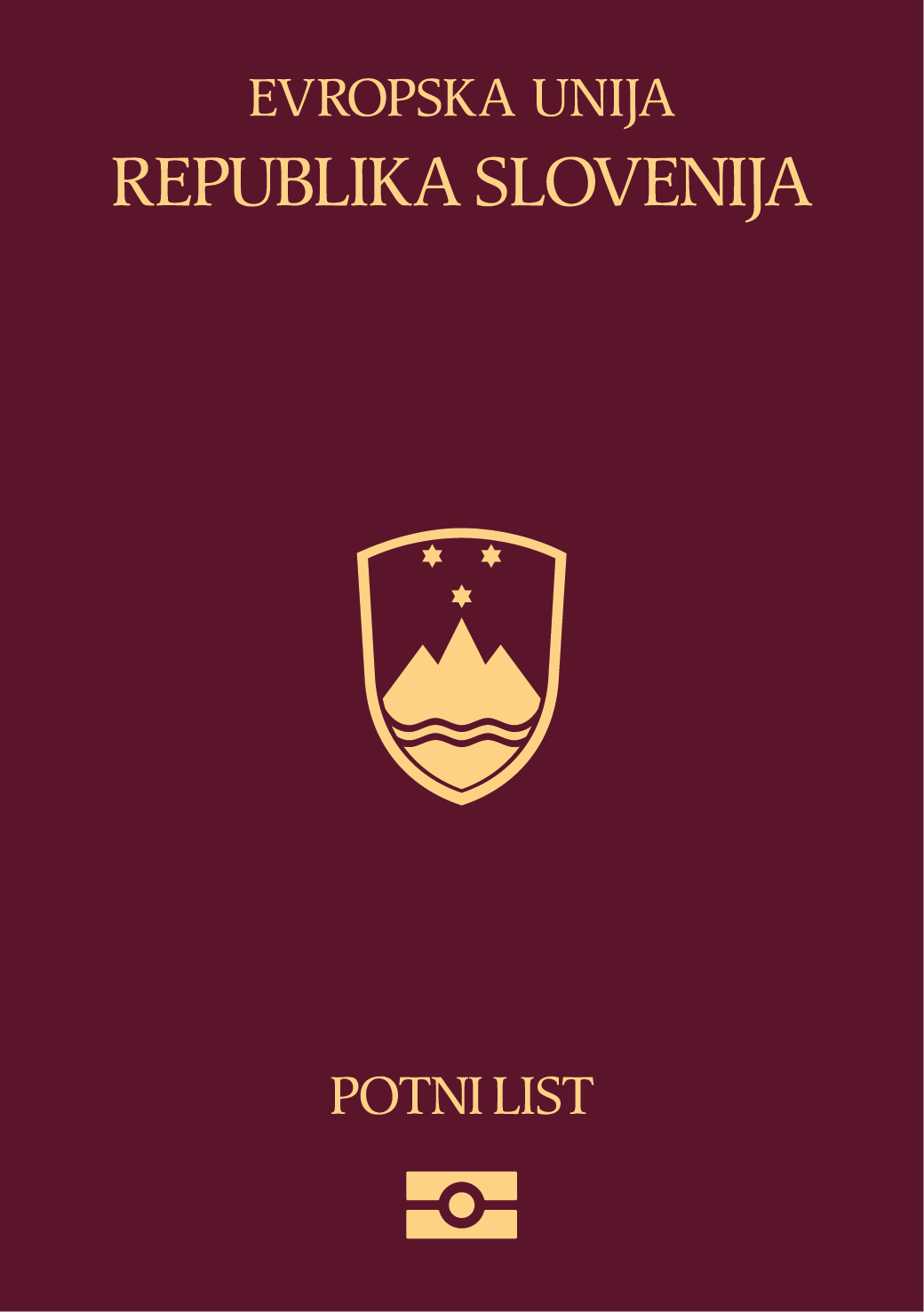Visa free access for Slovenia
As a Slovenia passport holder, you are permitted to travel visa-free to 183 countries and territories. This data is correct as of September 2024.
In order to travel visa-free, you will need a valid passport, often with at least six months until expiry. Additionally, you may need travel insurance, as required by your destination country.
Within these countries, there is often a separate section in airports where you can submit your Visa on Arrival. You will receive your visa on arrival (VOA) after entering the country that issued the visa.
Acquiring an eVisa follows the same process as applying for a traditional visa. The main difference with an eVisa is that you don’t need to visit a visa application centre. You can submit your application online, including making any payments relating to the visa.
Once the relevant authorities approve your application, you will receive a confirmation email regarding your visa status, along with a document that you must print and bring with you when crossing the border.
You will need a valid visa to enter the 183 countries with a Slovenia passport.
About Slovenia
Slovenia, a Central European nation, is known for its diverse terrain that ranges from the Mediterranean to the Alps and the Pannonian Plain. The country, with a population of approximately 2.1 million, is one of the most sparsely populated in Europe. Slovenia has a temperate climate, with four distinct seasons, and is the third most forested country in Europe, making it a haven for nature lovers.
Slovenian culture is rich and diverse, influenced by its neighbours – Italy, Austria, Hungary, and Croatia. The country is multilingual, although Slovene is the official language. Slovenia is also known for its traditional folk music and numerous cultural festivals that take place throughout the year.
Economically, Slovenia is a developed country with a high-income advanced economy. It’s one of the top performers in the EU in terms of GDP per capita. The economy is diverse and export-oriented, with key industries including automotive, pharmaceuticals, food processing, and electronics.
In terms of travel, Slovenia is considered a hidden gem with its picturesque landscapes, historical sites, and vibrant cities. The capital, Ljubljana, is known for its university population and green spaces, including the extensive Tivoli Park. The iconic Lake Bled, with its island church and medieval castle, is another must-visit spot. Slovenia is also a member of the Schengen Area, which allows free movement between 26 European countries.

 Slovenia
Slovenia
































































































































































































































